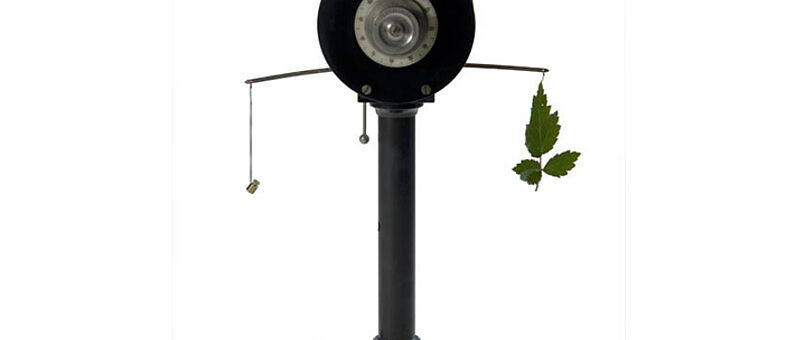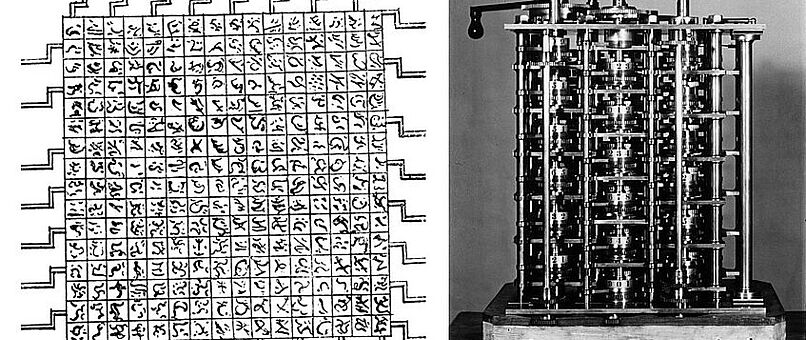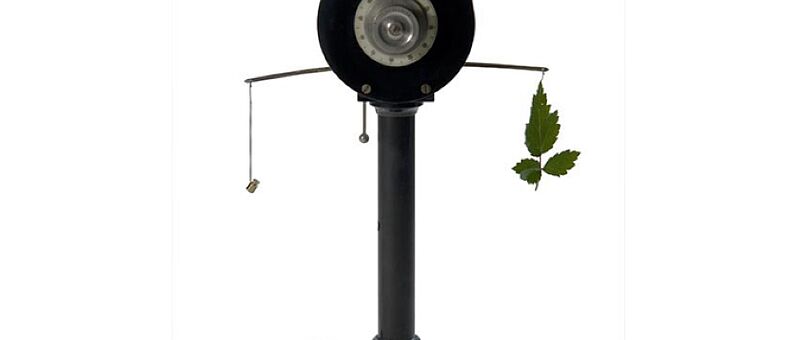Events
About History of Science
From climate change and green transitions to new data practices, many major transformations unfolding today have far-reaching implications for science and technology. The Forschungsschwerpunkt Wissenschaftsgeschichte (FSP WG) offers historical perspective and thorough critique of techno-scientific knowledge, concepts, practices, and institutions. It serves as a hub for researchers and students at the University of Vienna who think about the history of natural and technical, social and medical, human and colonial sciences, within and beyond academia. Ongoing research addresses diverse issues such as the social history of quantification, legal pluralism, environmentalism and ecology, queer activism and social movements, decolonial perspectives, gendered accounting practices, economic and world models and the extraction of natural resources.
Key activities
At the core of our exchange and collaboration is the research seminar (AG Wissenschaftsgeschichte), where we discuss work in progress. It serves as a regular venue for a community of Vienna-based researchers and allows them to engage with international guests in the history of science and adjacent fields. Our doctoral seminar has become a lively forum to discuss pre-circulated dissertation chapters and draws participants from various departments at the University of Vienna and Central European University. To stay informed about our activities we invite you to subscribe to our newsletter or visit our event calendar.
The FSP is closely associated with the publishing collective intercom, where various members of the FSP have co-edited individual volumes and the book series cache and Aether. We are also editors of the important book series Historische Wissensforschung (Wallstein Göttingen) and Zur Einführung (Junius Hamburg) as well as the journal Science in Context (Cambridge University Press).
Research and Study Programs
This site offers a point of entry to current research in the history of science, medicine, and technology at the University of Vienna Faculty of Historical and Cultural Studies and beyond. The University of Vienna has sixteen historical institutes ranging from the history of law to monetary history, and cooperations with the Central European University and the strong research activities in the history of science at the Austrian Academy of Sciences are frequent. The University’s joint Master’s program Epistemologies of Science and Technology draws from history and philosophy as well as from Vienna’s excellent science and technology studies program. The Department of Philosophy has a strong focus on the philosophy of science, while the Institute Vienna Circle and Society Vienna Circle conduct inquiry into scientific world conceptions (wissenschaftliche Weltauffassung). The Vienna Circle – political outlook and its intersections with the calculation debate and the Austrian school of economics – has had a broad reception in many research contexts.
Viennese Archives and Resources
Vienna provides a highly fortunate setting to carry out research in the History of Science, since the city’s (imperial) museum collections are supplemented with up to 150 scientific collections at the University of Vienna alone (cf. their object of the month). The city hosts six university archives, some of them reaching back 600 years. You can visit our archival guide where you can also download two lists on further collections, one regarding general history of science and the other missionary archives.








